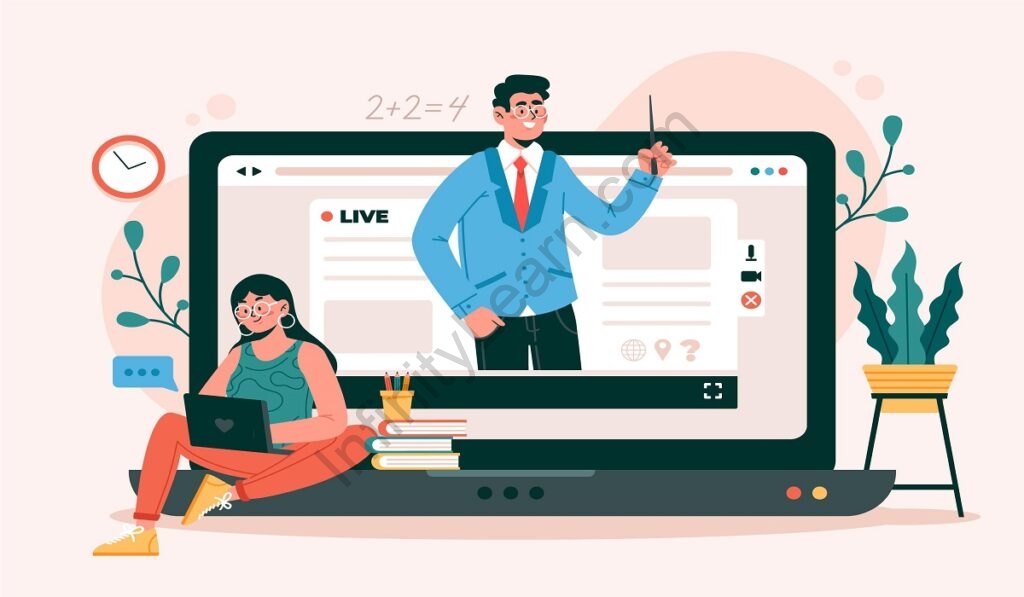Table of Contents

The idea of personalized learning has gained traction in recent years, thanks to the introduction of virtual education. Because students are studying from the comfort of their own homes, they are increasingly subjected to self-learning as a viable option for accomplishing academic objectives.
They do, in fact, receive the necessary academic help from their teachers. However, pupils frequently do not have the option of seeking clarification on particular topics after school hours have ended. When this happens, online specialists can assist in reinforcing its significance.
Students can get enough intellectual after-school doubt assistance via online doubt-solving services. Its reputation has mounted intensely in recent ages. Several studies have also shown the need of receiving professional assistance in order to improve learning results. The function of expert assistance in boosting learning outcomes is explained in Infinity Learn Answer.
Encourages a scientific mindset
Students are naturally curious. Their interest may be fuelled by a lack of understanding of an idea. Having doubts, on the other hand, shows that students are acutely aware of the limitations in their knowledge. It also implies that they are eager to close the gaps. They acquire critical thinking abilities when they confront an instructor or a subject specialist with their concerns. They also have a greater understanding of the concepts after attaining subject-matter clarity, and they remember them for longer.
Also read: Here’s How to Boost Your Percentage in the Board
Deep Learning is accelerated
When a student goes to a subject matter expert for help with doubt, they can still get questions answered, but they also get some more knowledge. They might, for example, discover fresh and unusual approaches to solving an issue or several approaches to approaching and comprehending an idea. As a result, obtaining expert assistance provides students with a much-needed value boost.
Allows for Collaborative Inquiry
When a learner meets the correct expert to settle their worries, meaningful dialogues take place. This debate could take many different shapes, promoting a variety of intellectual goals. This topic can be divided into two categories: disputes and collaborative inquiry. Debate is a term used to describe a student’s arguments and solid stance on a single point of view. Collaborative inquiry, on the other hand, advises that students build on each other’s ideas to gain a better understanding and reach a broader consensus. Experts favour collaborative inquiry because it fosters broader critical thinking skills.
Increases self-assurance and communication abilities
Students now have a choice of options because of the growth of internet doubt resolution platforms. They can simply use the ‘Ask an Expert’ function to request assistance from specialists. They can communicate with subject experts in real-time and have their questions answered. Furthermore, when students contact experts, they tend to develop their communication abilities. This has a good effect on their self-assurance.
Every student will face doubts at some point during their academic pursuits. If they seek rapid assistance from professionals, however, they avoid the risk of becoming stuck on the same topic while editing. Seeking expert assistance to address problems stimulates the brain and encourages pupils to ask questions. As a result, keep asking questions; it works wonders!






